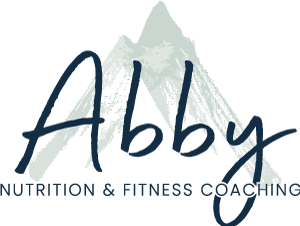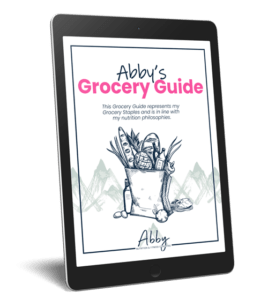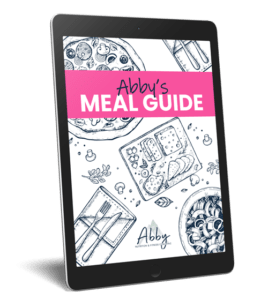You don’t have a weight loss problem.
You have a weight regain problem.
In fact, most people do.
There are thousands of people who read these emails and I’d be willing to bet that nearly all of them have lost weight before.
And then gained it back.
If that’s ever happened to you, don’t feel bad. It’s not because you’re broken.
It’s because you’re human.
So the better question to ask isn’t “how do I lose weight?”
It’s “how do I stop regaining it?”
That’s where most people go wrong, especially when that urgent itch kicks in…
You know the one.
The “I need to drop some weight fast so let’s just rip the band-aid off” moment.
Suddenly it’s:
- No carbs
- No alcohol
- No sugar
- No social life
- No grace
- Just pure grind.
- Full restriction.
- Tunnel vision.
With the promise that “I’ll just go back to normal once I hit my goal.”
But that’s the trap.
Because “normal” usually means:
→ Eating everything you restricted
→ Feeling out of control
→ Stressing over food
→ And ultimately… gaining the weight back
Probably with interest.
I know that cycle well.
I used to live in that cycle.
If someone paid me every time I lost weight and gained it back, I’d be writing this from the beaches in Hawaii.
But here’s the truth: You can still reach your goals without putting your mind and body in a position to bounce back harder than ever.
The key is not speed.
The key is sustainability.
Because the real reason we regain weight isn’t due to lack of effort.
It’s because of the way we try to get there in the first place.
Here’s what actually works and what prevents weight regain:
- Don’t rip the band-aid off. Start gradually. Let your body feel safe.
- Give yourself diet breaks. A couple of days at maintenance per week can make a world of difference.
- Increase low-intensity movement instead of beating yourself up with high-intensity all the time.
- Don’t cut out everything you enjoy. You’re not meant to be miserable.
- Sleep. Stress management. These matter just as much as your macros.
- Understand your nature. Your personality plays a huge role in your ability to stay consistent.
- Track biofeedback. Your body is always telling you something. Listen.
- Play the long game. Shortcuts always take longer in the end.
Most importantly… don’t confuse knowing with doing.
You probably already know a lot of this.
The issue isn’t awareness.
It’s implementation.
We’re biased observers when it comes to ourselves.
It’s hard to be objective when you’re the one living it.
So if you’ve been stuck in that cycle of progress, burnout, and rebound…
Maybe it’s not a new plan you need.
Maybe it’s a new perspective.
You’re not broken.
You just need a better approach.







